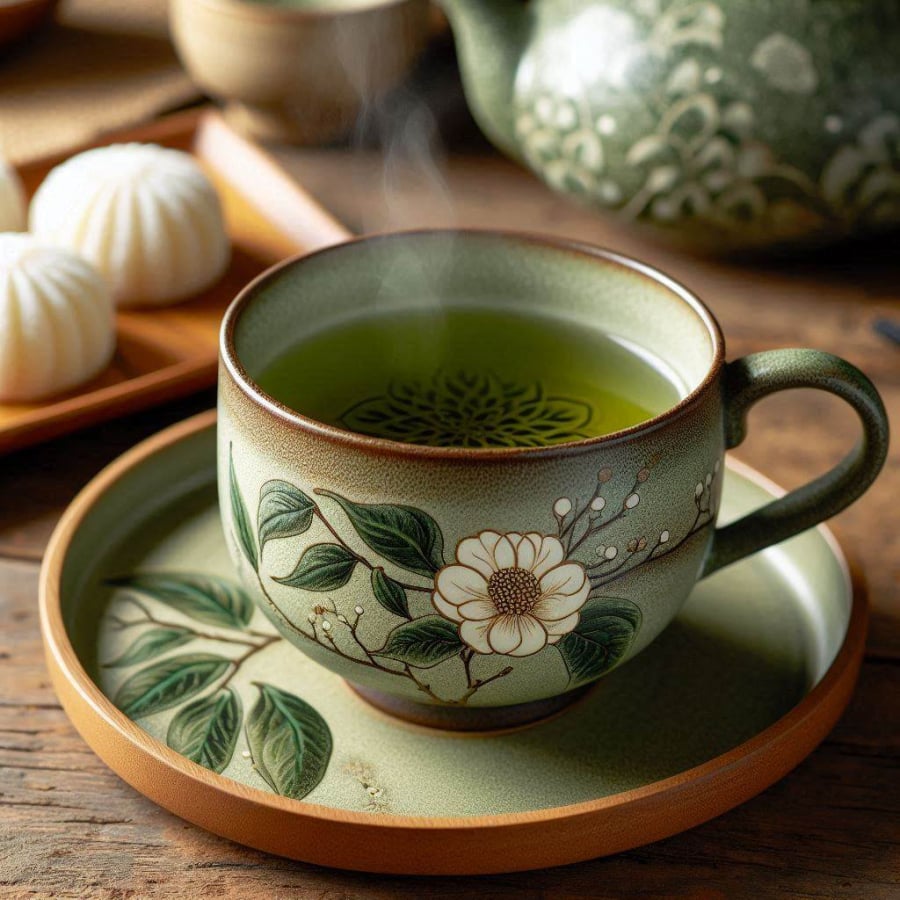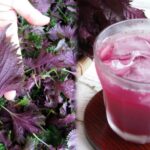The consumption of coffee and tea has become an integral part of daily life for many Vietnamese. It’s not just about hydration, but a cultural journey where people often gather in cafes to sip and savor these beverages, exchange stories, and enjoy relaxing moments together. Coffee and tea are more than just refreshing drinks; they are conduits for communication, expressions of lifestyle, and beautiful cultural traits of the Vietnamese people.
However, a common question arises: which beverage offers greater health benefits? To answer this query, let’s delve deeper into some research that has been conducted on this topic.
Coffee: Abundant in Antioxidants to Reduce Cancer and Diabetes Risks
Coffee boasts a high content of antioxidants, which help lower the chances of developing diseases such as cancer and diabetes. Both coffee and tea provide these compounds, which are crucial for maintaining health. According to Associate Professor Matthew Chow, a neurologist at the University of California, Davis, coffee contains more antioxidants than tea, hot chocolate, and red wine. Some of the important antioxidants in coffee include chlorogenic acid, ferulic acid, caffeic acid, and n-coumaric acid. Caffeine is also considered a potential antioxidant. On the other hand, green tea is renowned for its catechin content, which has powerful anti-inflammatory properties.

Coffee is Rich in Antioxidants, Lowering the Risk of Cancer and Diabetes
Coffee: Abundant in Caffeine for Enhanced Alertness
Coffee contains higher levels of caffeine than tea, providing a quick boost in alertness for drinkers. Caffeine, a natural stimulant, not only increases energy levels but also improves focus. A 2015 study revealed that consuming a moderate amount of caffeine can lower the risk of type 2 diabetes and other health issues, including cardiovascular disease, neurological degeneration like Alzheimer’s and Parkinson’s, and certain cancers such as colorectal, uterine, and liver cancer.
According to Dr. Christopher Gardner, a traditional cup of coffee typically delivers between 80 and 100mg of caffeine, whereas tea contains only 30 to 50mg. Associate Professor Matthew Chow also notes that the caffeine content in coffee can be two to three times higher than in black tea, although this varies depending on the type of tea and brewing method. For instance, black tea contains approximately 48mg of caffeine, while green tea has around 29mg, and herbal infusions like peppermint or chamomile are caffeine-free.
While caffeine offers numerous health benefits, the US Food and Drug Administration (FDA) cautions that excessive consumption can lead to unwanted symptoms such as nausea, diarrhea, insomnia, anxiety, and rapid heart rate. Caffeine tolerance can vary between individuals, so it’s essential to listen to your body and adjust intake accordingly.
Tea: Sustained Energy and Improved Focus
Tea provides a stable source of energy and supports effective concentration. One of the key factors contributing to this is the presence of L-theanine, an amino acid that prolongs the effects of caffeine. While coffee often delivers an immediate boost of alertness due to its high caffeine content, tea offers a more sustained approach.
According to a 2008 study, when L-theanine is combined with caffeine, there is a significant improvement in attention and cognitive performance, surpassing the effects of caffeine alone. This allows tea drinkers to stay alert for longer while maintaining effective attention.
Both green and black tea contain L-theanine, with green tea having a slightly higher concentration of approximately 6.56 mg per cup, compared to 5.13 mg in black tea. This combination creates an exceptional experience for those seeking enhanced focus without the negative impacts of caffeine.

Tea Provides Sustained Energy and Improves Focus
Tea or Coffee: Which is the Better Choice?
In the opinion of Associate Professor Matthew Chow, the choice between tea and coffee cannot be simplified to a single answer; it depends on an individual’s health status and specific needs. There is no clear evidence that one is superior to the other.
Research suggests that if you require an immediate boost, coffee, with its higher caffeine content, is the superior choice. On the other hand, for those sensitive to caffeine, tea offers a safer option as it contains less caffeine and is complemented by L-theanine, which helps maintain energy levels in a stable and prolonged manner.
Nevertheless, experts emphasize the importance of consuming both beverages in moderation. Drinking more than four to five cups per day may pose potential health risks. The key is to find a balance that suits your body and daily routine.
The Ultimate Matcha Experience: Four Must-Visit Spots in Hanoi’s Trendy Tea Scene
Intrigue your senses and indulge in the ultimate matcha experience at these four must-visit hotspots in Hanoi. The aromatic flavors and exquisite ambiance will captivate your heart, as these venues have become the talk of the town among the youth. Prepare to be enchanted as you step into a world of delicious delights and aesthetic surroundings that will leave you craving for more.





































